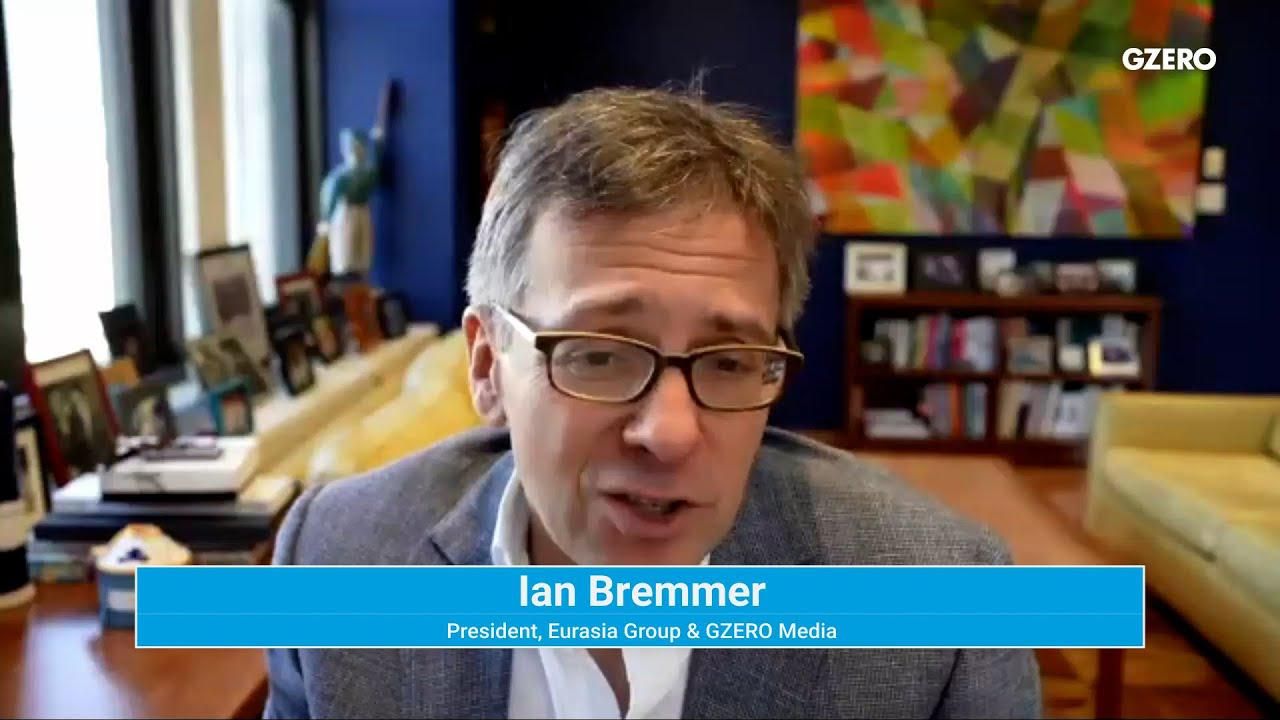popular
Will the Ukraine War succeed where COVID failed?

Will the Ukraine War Succeed Where COVID Failed? | GZERO Media

Many of us thought the pandemic would shake up the "sclerosis" in deeply dysfunctional pre-COVID politics. It did not.
"We have to admit the pandemic wasn't a big enough crisis" to improve things like the US-China relationship or American political polarization, Eurasia Group & GZERO Media President Ian Bremmer said during a livestream discussion on equitable vaccine distribution hosted by GZERO Media in partnership with the Bill & Melinda Gates Foundation.
Will the potential for war with nuclear-armed Russia be big enough to create further global cooperation? Yes, but two things also come to mind.
First, Bremmer believes Russia's actions will likely strengthen trans-Atlantic cooperation beyond security, and that includes global health. Second, China.
Are we going to come out of this crisis with a China that the Americans and Europeans can work with?
And, if so, will that trust extend to global health, unlike what happened with COVID? Or will the war make Russia more integrated with China as a supplicant in a Cold War 2.0?
Walmart is investing $350 billion in US manufacturing. Over two-thirds of the products Walmart buys are made, grown, or assembled in America, like healthy dried fruit from The Ugly Co. The sustainable fruit is sourced directly from fourth-generation farmers in Farmersville, California, and delivered to your neighborhood Walmart shelves. Discover how Walmart's investment is supporting communities and fueling jobs across the nation.
President Trump’s second term has rapidly reshaped global politics, with the US wielding power more aggressively, targeting weaker countries and even allies, Stephen Walt explains on GZERO World.
Ian Bremmer breaks down a sudden and serious transatlantic crisis: President Trump’s insistence that the United States must have sovereignty over Greenland.
It’s been a year since President Trump returned to office. How has the world changed? Stephen Walt joins Ian Bremmer on GZERO World.